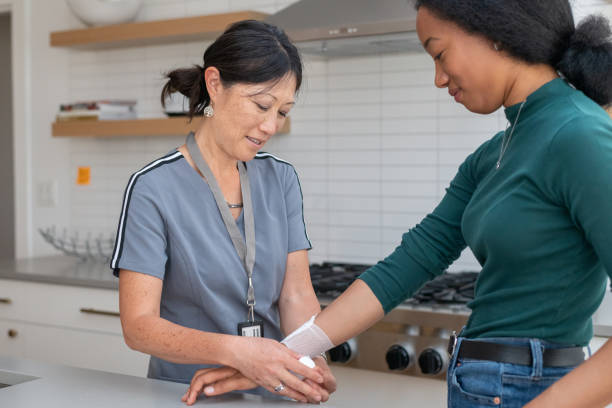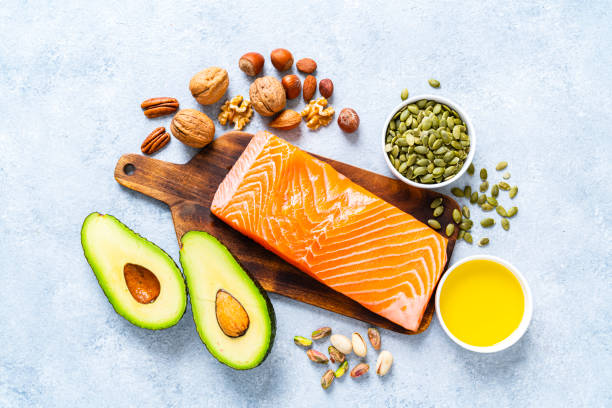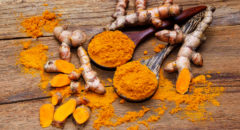
Imagine two people with identical cases of arthritis. Even on x-rays, their joints look exactly alike, and every test comes back with the same results. The only difference: One person is in agony, while the other has relatively little pain.
Many people assume there's a one-to-one relationship between arthritis and pain, meaning if damage to the joints is severe, so is the pain. The truth is more complicated. Many different things can affect pain, from your mood to your diet to your sleep habits. As reported in one issue of the Rheumatic Disease Clinics of North America, arthritis patients who feel helpless are especially likely to become disabled with pain.
Arthritis causes more pain and limitations for African-Americans and Hispanics than for whites, according to the CDC.
So what can you do to help your condition?
Here's a look at different ways to control arthritis pain. Some are obvious; some are surprising. All can help you cope with your condition and get on with your life.
1. Take your medication as directed

No matter what kind of arthritis you have, medications can help ease your pain. Some people need nothing more than an occasional over-the-counter pain reliever, like acetaminophen, aspirin, or ibuprofen. Others need prescription medicine to alleviate their symptoms or slow the progression of the disease. These are powerful medications, though, so ask your doctor for side effects you should be aware of, and immediately report any that you experience to your doctor.
Warnings have been issued about naproxen, a nonsteroidal anti-inflammatory drug that some people use for arthritis pain. Researchers at the National Institutes of Health were conducting a study to determine whether the drug could be used to treat Alzheimer's disease, but the study was halted after findings showed that patients who took naproxen were 50 percent more likely to have heart attacks or strokes. The Food and Drug Administration has advised people who take the drug to talk with their doctors about it.
2. Keep those joints moving

Regular exercise is a powerful remedy for arthritis. Experts recommend a combination of stretching, range-of-motion exercises (moving the joint through its full range), strength training, and aerobic exercise. As your joints become stronger, more flexible, and more stable, arthritis pain will likely
fade and you may need less pain medication. If it's hard to walk, start with water exercise. Many local YMCAs offer this kind of "aquatic therapy" class for arthritis.
3. Heat and ice

Both heat and cold can ease arthritis pain. Your doctor or physical therapist can help you decide which is the best choice for you. If your doctor recommends heat, try using a heating pad for about 15 minutes, or taking a warm bath or shower. You can ease the swelling in a joint with an ice pack or a bag of frozen vegetables wrapped in a towel, but don't ice a joint for more than 20 minutes at a time (longer than that can cause frostbite). Keep in mind that cold therapy may be counterproductive if you have circulation problems.
4. Support your joints

If a joint is unstable, a splint, brace, or neoprene sleeve may help ease pain and reduce the risk of injury. Ask your doctor or physical therapist if joint support is right for you.
5. Watch your weight

Extra pounds put more stress on your joints, especially your knees and hips. Losing just a few pounds can help relieve the strain.
6. Get your vitamins

No matter what kind of arthritis you may have, a balanced diet is essential for good health. Some preliminary studies suggest that two nutrients in particular -- vitamin C and vitamin D -- may show promise for easing osteoarthritis. (Vitamin D helps your body absorb calcium, builds bone mass, and prevents bone loss; vitamin C helps your body repair tissue.) More studies are needed before this approach can be generally recommended as a treatment for osteoarthritis. Make sure you get enough calcium, which will strengthen your bones and help prevent osteoporosis. Consult your doctor to see if a vitamin supplement is right for you.
7. Watch out for so-called miracle diets

But beware of miracle diets that promise to cure arthritis pain. According to the Arthritis Foundation, many so-called "arthritis diets" are unproven and potentially dangerous. The foundation urges arthritis patients to eat plenty of fruits, vegetables, and whole grains while going easy on bad fats and cholesterol. (Try working up to 5 to 9 servings of fruits and vegetables a day.) In other words, arthritis doesn't change the basics of healthy eating.
READ: Could a Diet Change Help Your Arthritis?
8. Eat to fight joint inflammation

Nuts, seeds and other plant-based foods contain antioxidants and plant chemicals, which may reduce the activity of the COX-2 enzyme and thus help ease joint inflammation. The Arthritis Foundation also suggests increasing your intake of omega-3 fatty acids, found in fatty fish such as salmon.
9. Get plenty of sleep

Sleeplessness and pain can form a vicious cycle. The more pain you feel, the harder it is to get a good night's sleep. And according to a report in the Rheumatic Disease Clinics of North America, a lack of sleep makes a person more vulnerable to pain. The National Institutes of Health recommends that arthritis patients aim for
eight to 10 hours of sleep each night. If this seems like an impossible dream, ask your doctor for advice.
10. Keep a diary of your pain

The diary can help you understand your condition and give your doctor important clues for treatment. The very act of putting pen to paper can also give you a much-needed feeling of control.
11. Consider massage therapy

Massage can help ease the pain and stiffness associated with arthritis, according to the Arthritis Foundation. Be sure to find someone who is used to working with patients with arthritis.
12. Practice relaxation
Because people tend to stiffen up and tense their muscles when they are in pain, it's important to practice relaxation, whether it is through guided imagery, self-hypnosis, or other methods that allow you to calm and control your mind and body, according to arthritis experts. Meditation is another way to achieve this balance.
READ: 4 Tips to Decrease Anxiety Throughout the Day
13. Fight anxiety and depression
As reported in the Rheumatic Disease Clinics of North America, mental distress can fuel arthritis pain. If you suffer from anxiety or depression, consider seeking professional help. Remember that depression is a disease like any other, and no cause for embarrassment or shame.
14. Draw on your resources
According to the Arthritis Foundation, many people turn to prayer and their spiritual beliefs to deal with pain. Although few published studies have examined the effect of prayer and spirituality, research in behavioral medicine suggests that the interactions of the mind, body and spirit can have powerful effects on our health, according to the foundation.






